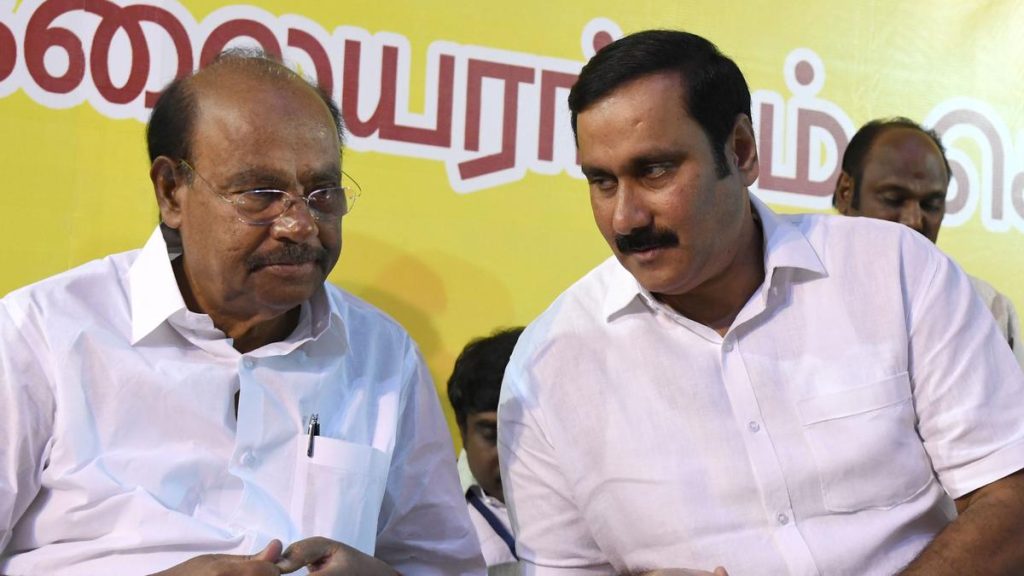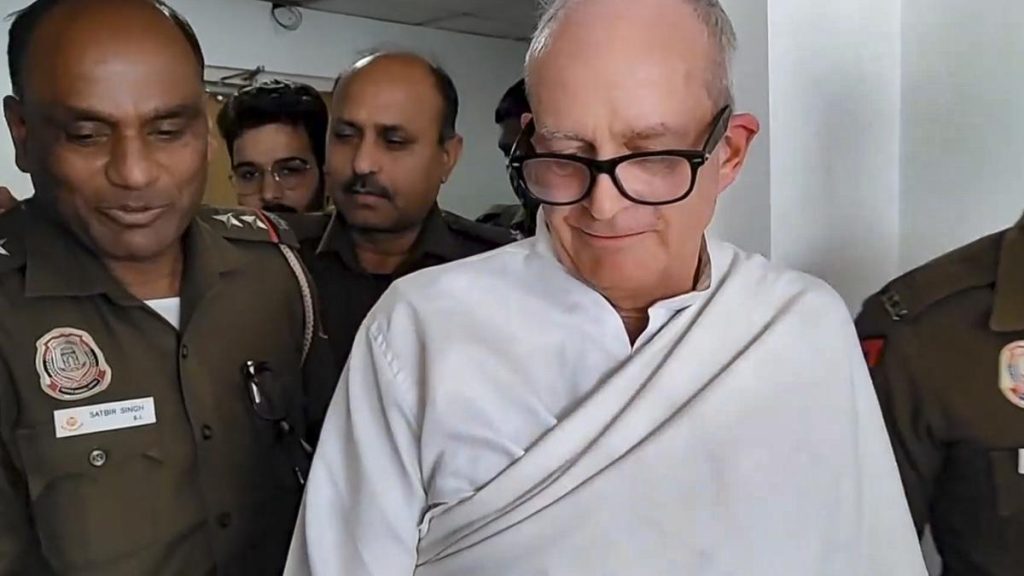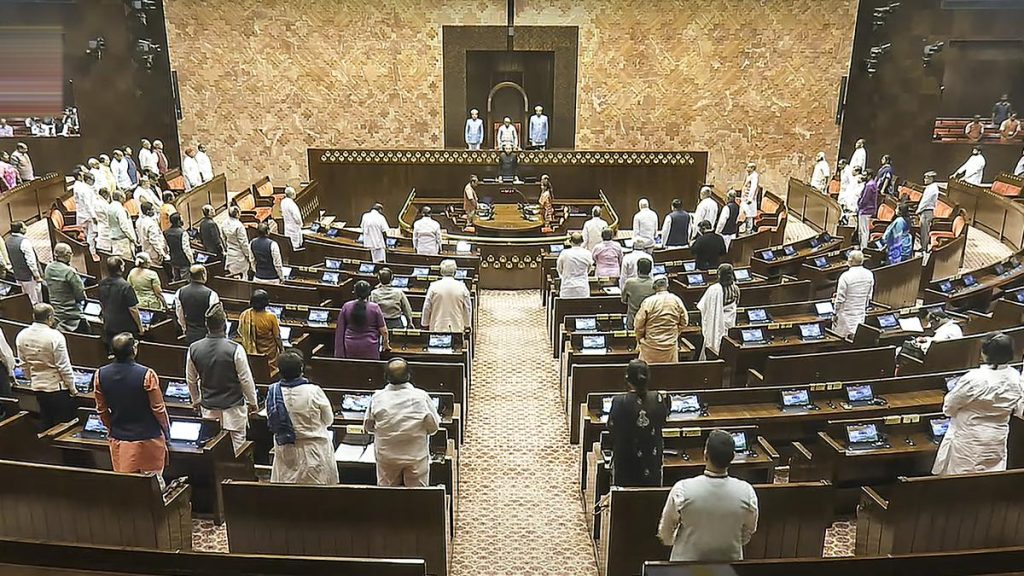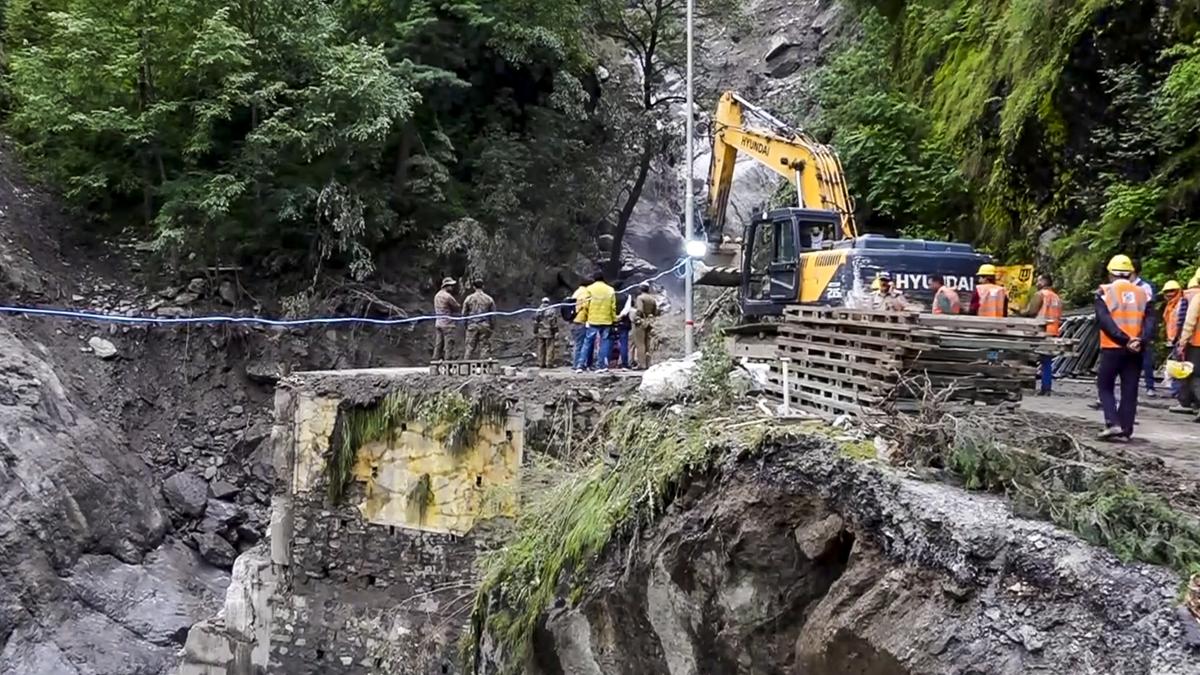Now Reading: White House Terms Additional Duty on India a ‘National Security Issue
-
01
White House Terms Additional Duty on India a ‘National Security Issue
White House Terms Additional Duty on India a ‘National Security Issue

Fast Summary
- New Tariffs: U.S.President Donald Trump announced a 25% reciprocal tariff on Indian imports and added an additional 25% levy targeting India’s purchase of Russian oil, effective August 7, 2025.
- Total Duties: Combined tariffs now stand at 50%, the highest imposed by the U.S. on any country.
- Reasoning: White House trade adviser Peter Navarro emphasized national security concerns arising from India’s continued procurement of Russian oil amidst global tensions related to Ukraine.
- Accusations Against India:
– Claimed India uses American dollars earned through trade to buy Russian oil, indirectly funding Russia’s military efforts in Ukraine.
– Alleged that India imposes the world’s highest tariffs and important non-tariff barriers on American products while benefiting from “unfair trade”.
- Contrasts with China: Navarro stated that while China buys more russian oil than India,it’s already under heavy existing tariffs (over 50%),making escalation counterproductive for the U.S.
- Indian Response: India’s Ministry of External Affairs called the action “unjustified and unreasonable,” asserting its right to safeguard national interests and economic security.
Indian Opinion Analysis
the steep hike in tariffs represents a critical juncture in Indo-U.S. relations as it merges economic policy with geopolitical strategies surrounding Russia’s role in global conflicts like Ukraine. By framing this decision as a national security issue, Washington aligns its trade measures closely with its foreign policy goals but risks escalating tensions with New Delhi-a pivotal player in regional stability.
India’s response reflects an intent to protect sovereignty against external pressures but may necessitate adaptive strategies to minimize long-term economic consequences. Additionally, divergent approaches regarding China suggest selective targeting rather than uniform treatment among nations purchasing Russian oil-potentially complicating negotiations further.The implications for bilateral relations could extend into broader discussions around energy dependency, defense partnerships, and retaliation risks through WTO dispute mechanisms or mirrored actions by New Delhi.
Read More: Link
























